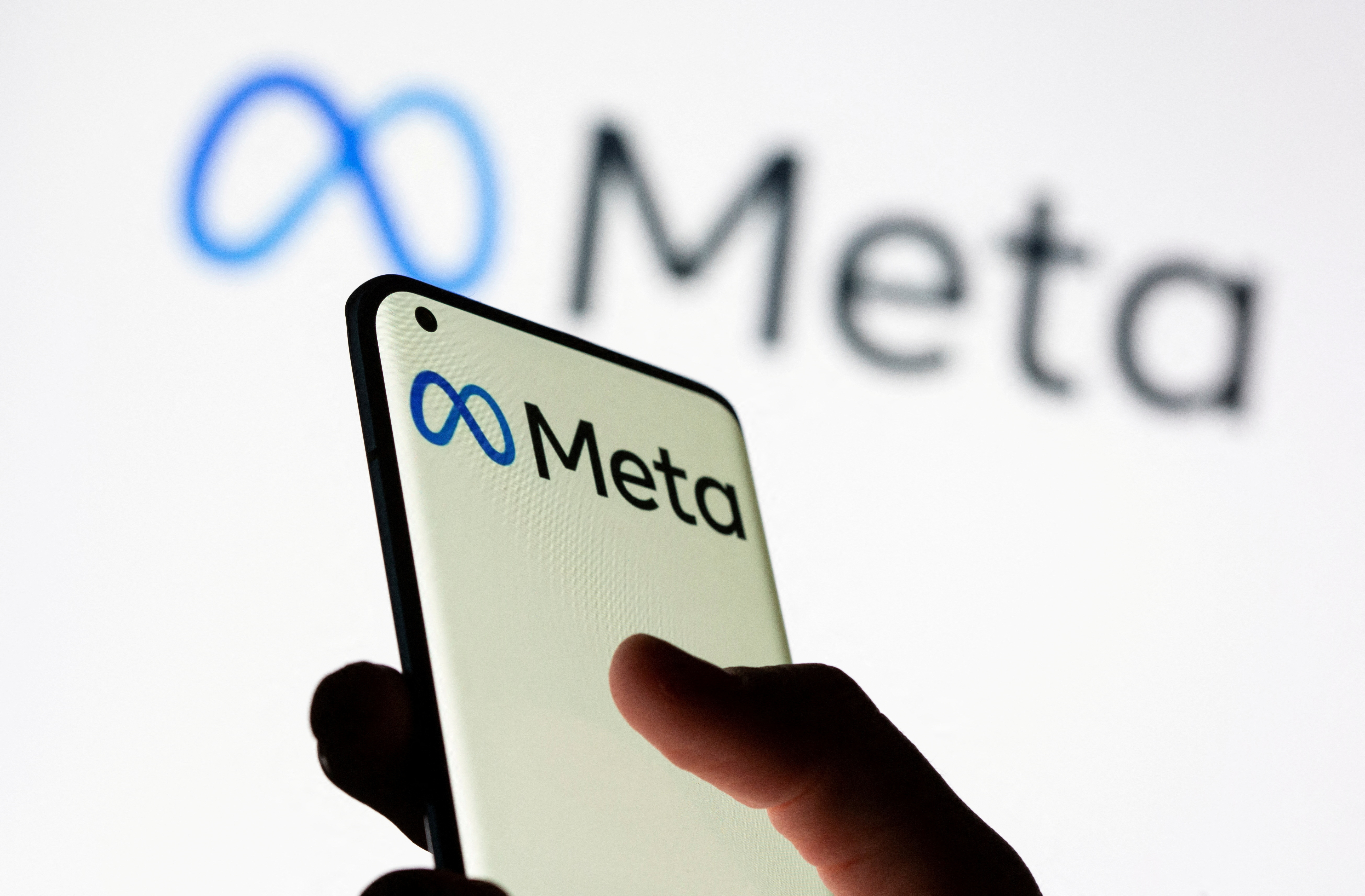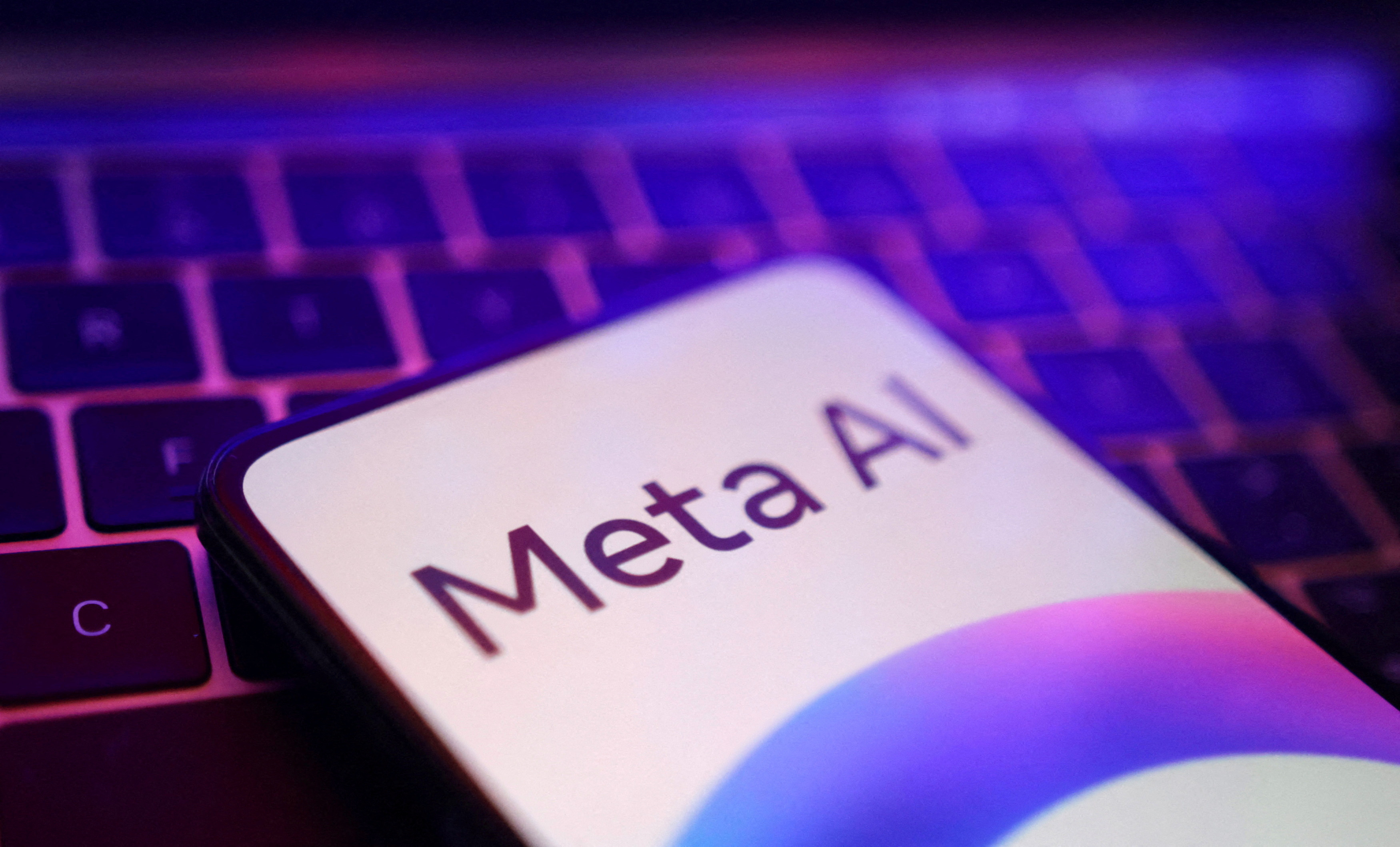Meta recently laid off about 600 employees from its AI-focused units, including privacy watchdog roles, sparking discussion about whether artificial intelligence (AI) can protect user data better than humans. This move came as part of Meta's broader effort to streamline its AI teams and improve efficiency. Despite the layoffs, Meta continues investing heavily in AI talent, signaling a shift towards greater reliance on AI technologies for user data management and other tasks.

At the heart of this change is a debate on whether AI can truly safeguard personal information better than human overseers. AI systems can handle vast volumes of data quickly and detect violations or unauthorized access patterns in real time. These capabilities offer potential improvements over traditional human monitoring, which may be slower and less consistent. For example, AI-powered anomaly detection and predictive analytics can proactively alert organizations to threats before major damage occurs. Moreover, AI can assist companies in complying with data protection laws by automating processes like data access management and deletion.
However, AI also brings significant challenges and risks for data privacy. Reports show a sharp rise in AI-related privacy incidents—such as breaches and algorithmic errors—that compromise sensitive data. Many AI systems operate as "black boxes," meaning their decision-making is opaque even to experts, making it difficult to ensure fairness and transparency. Additionally, AI can perpetuate biases leading to discriminatory outcomes. Cybersecurity risks also grow as AI systems themselves can become attack targets, potentially exposing user information.

Consumer sentiment toward AI and privacy is largely cautious. Surveys find that the majority of people worry AI might misuse personal data or make privacy harder to protect. At the same time, many recognize AI’s benefits, such as improving services and safety. But the prevailing concern is that AI companies might use data in ways people do not expect or approve. Trust and transparency remain crucial for people to feel comfortable with AI managing their private information.
In the context of Meta’s layoffs, this means a shift from human privacy watchdogs to AI-assisted monitoring presents both opportunities and risks. AI can enhance data protection speed and scale but requires strong governance frameworks to mitigate biases, ensure transparency, and safeguard against new vulnerabilities. The technology is not yet perfect and demands ongoing human oversight to guide ethical and legal compliance. Ultimately, balancing AI’s strengths with its limitations will shape the future of user data security.

In summary, while AI is increasingly positioned as a tool to safeguard user data, it remains a complement rather than a full replacement for human judgment in privacy protection. Meta’s workforce changes highlight an industry trend toward AI integration, yet effective data privacy depends on clear policies, responsible AI design, and maintaining public trust—an evolving challenge for tech companies and regulators alike.
With inputs from agencies
Image Source: Multiple agencies
© Copyright 2025. All Rights Reserved. Powered by Vygr Media.





















